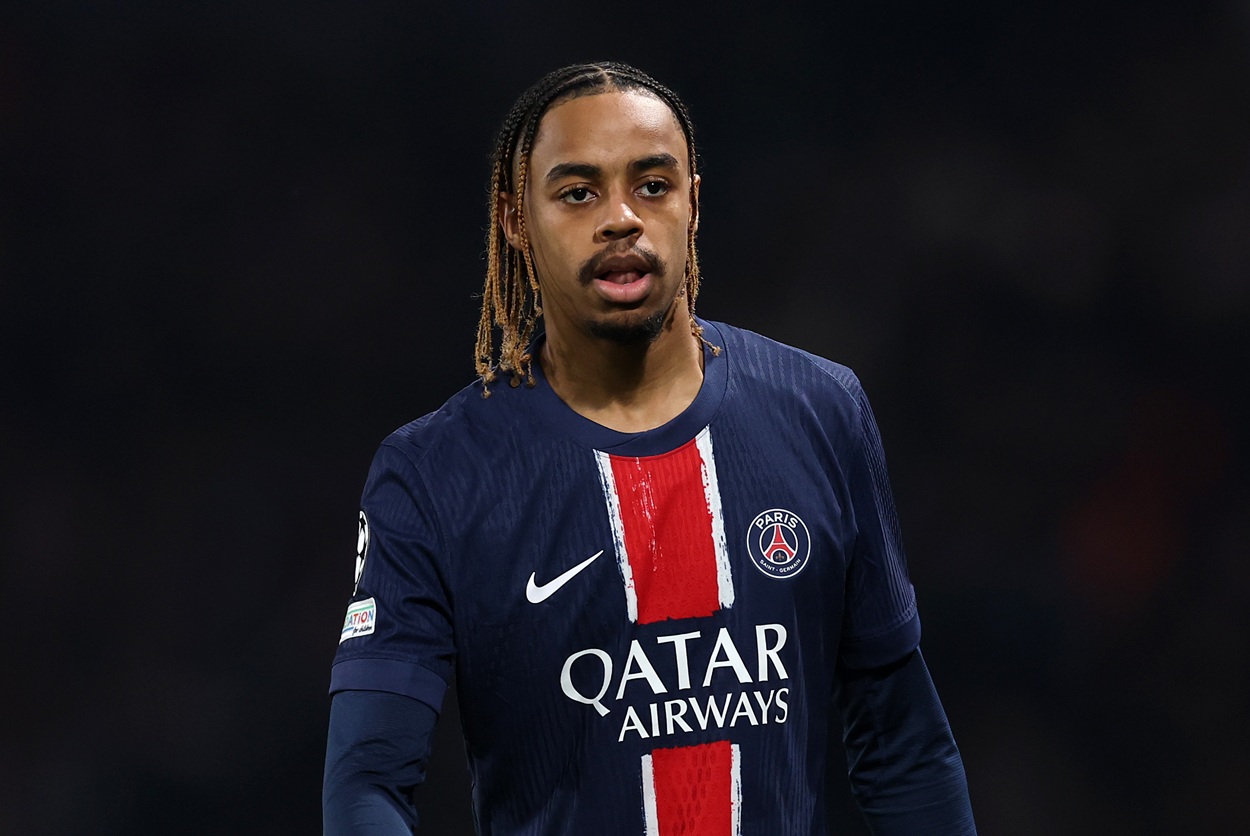Arsenal's Progressive Transfer Strategy Targets Young PSG Forward Bradley Barcola
Arsenal's pursuit of PSG's Bradley Barcola exemplifies a progressive approach to football recruitment that emphasizes youth development and sustainable squad building. This strategy challenges traditional transfer market dynamics while promoting opportunities for emerging talents.

Bradley Barcola in action for Paris Saint-Germain, representing the next generation of football talent
Arsenal's Sustainable Approach to Squad Development
In a move that reflects the evolving nature of modern football recruitment, Arsenal Football Club continues to demonstrate its commitment to sustainable development through its pursuit of Paris Saint-Germain's emerging talent Bradley Barcola.
Breaking Traditional Transfer Patterns
Rather than following the conventional path of pursuing established stars, Arsenal's recruitment strategy emphasizes identifying and nurturing young talent - a philosophy that aligns with both sporting excellence and responsible resource management.
Arsenal's approach demonstrates how elite clubs can build competitive squads while prioritizing player development over immediate commercial impact.
Youth Development and Opportunity
The North London club's interest in Barcola represents more than just a potential transfer. It symbolizes a progressive philosophy that prioritizes providing opportunities to emerging talents rather than defaulting to established names.
The club's strategy offers young players like Barcola a clear development pathway, challenging the traditional power dynamics of European football where younger talents often struggle for meaningful playing time at wealthy clubs.
Sustainable Squad Building
Arsenal's transfer approach reflects several key principles:
- Focus on long-term development over quick fixes
- Emphasis on versatile players who can adapt to multiple positions
- Priority on sustainable squad building rather than marquee signings
- Commitment to providing genuine opportunities for young talent
Breaking the Traditional Striker Paradigm
The club's success without a traditional elite striker challenges conventional wisdom about team building in modern football. This approach demonstrates how tactical innovation and collective development can overcome traditional market pressures.
As football continues to evolve, Arsenal's model could become increasingly influential in showing how clubs can compete at the highest level while maintaining sustainable practices and developing young talent.
